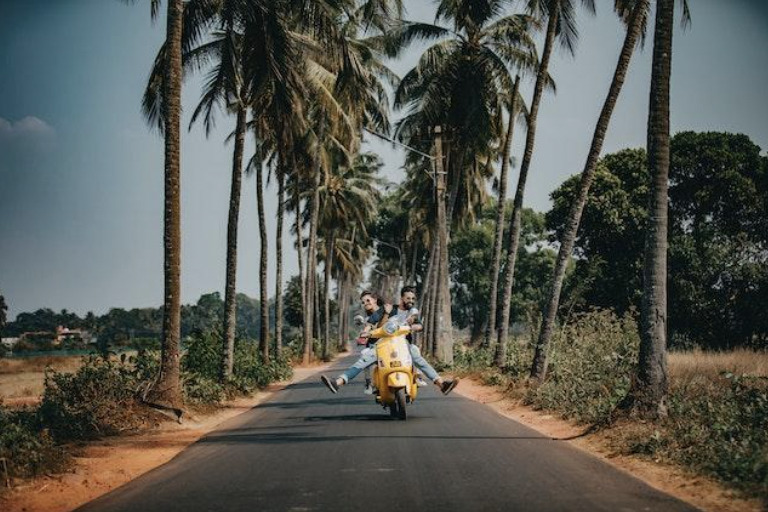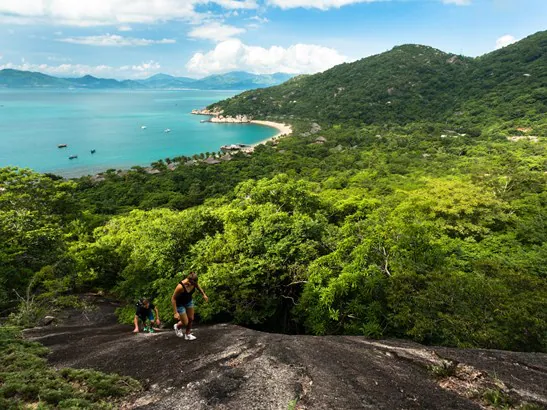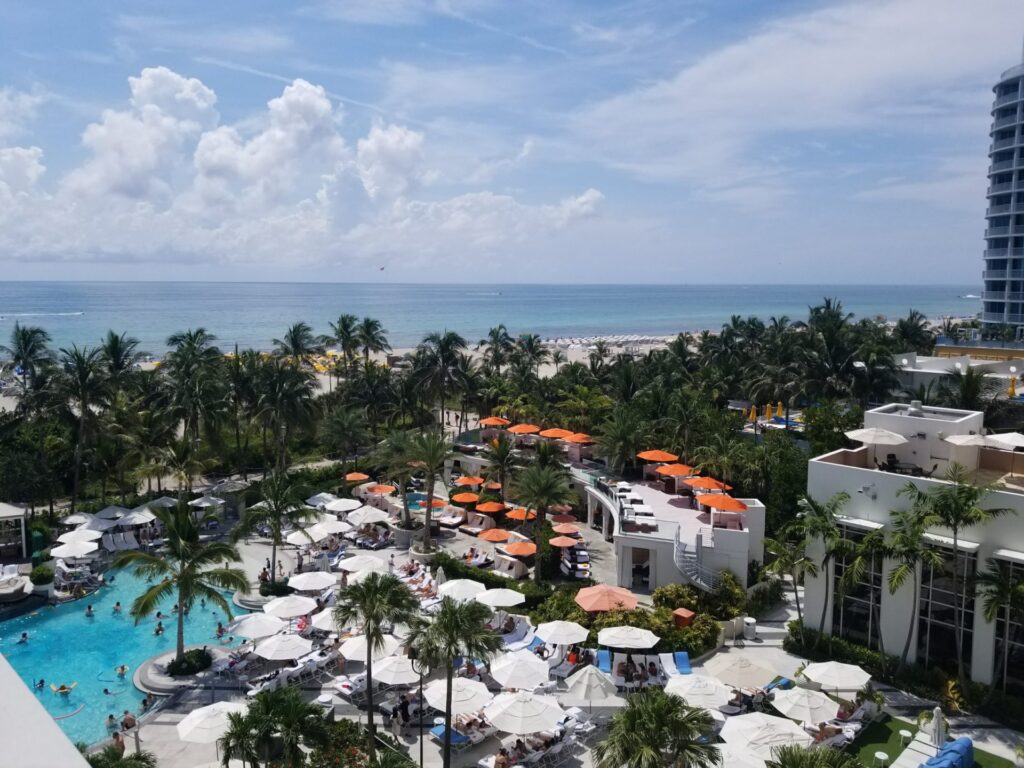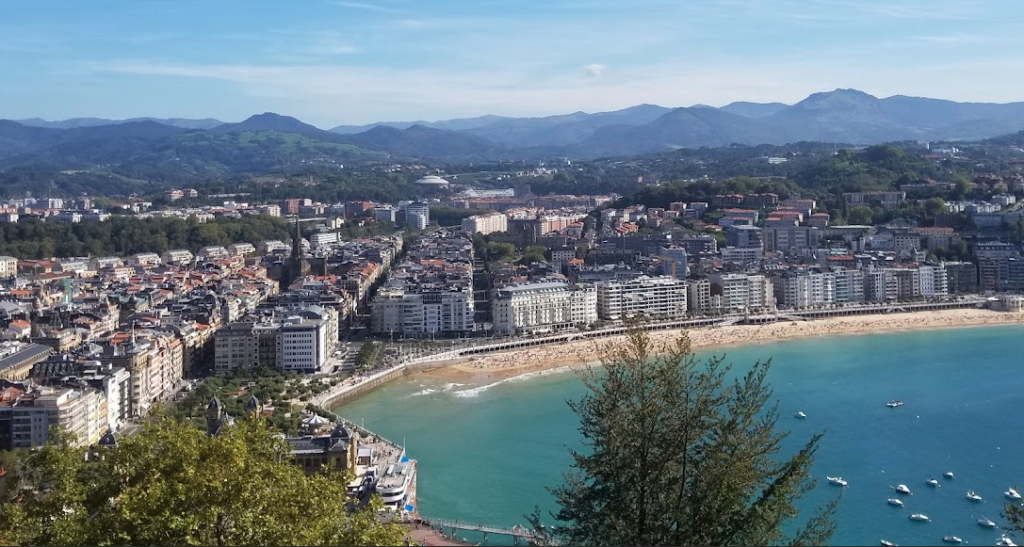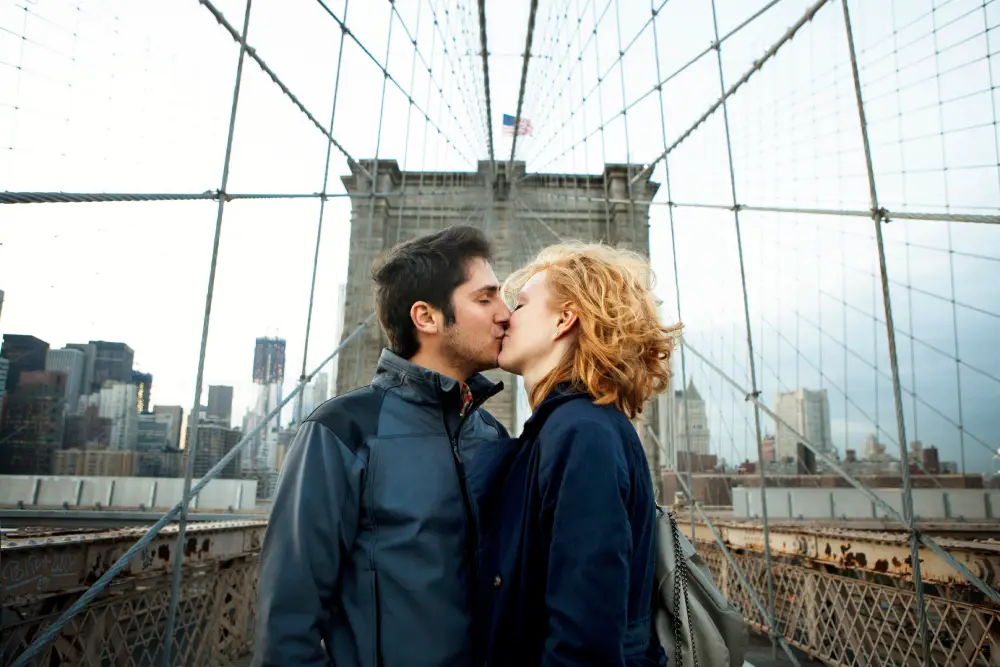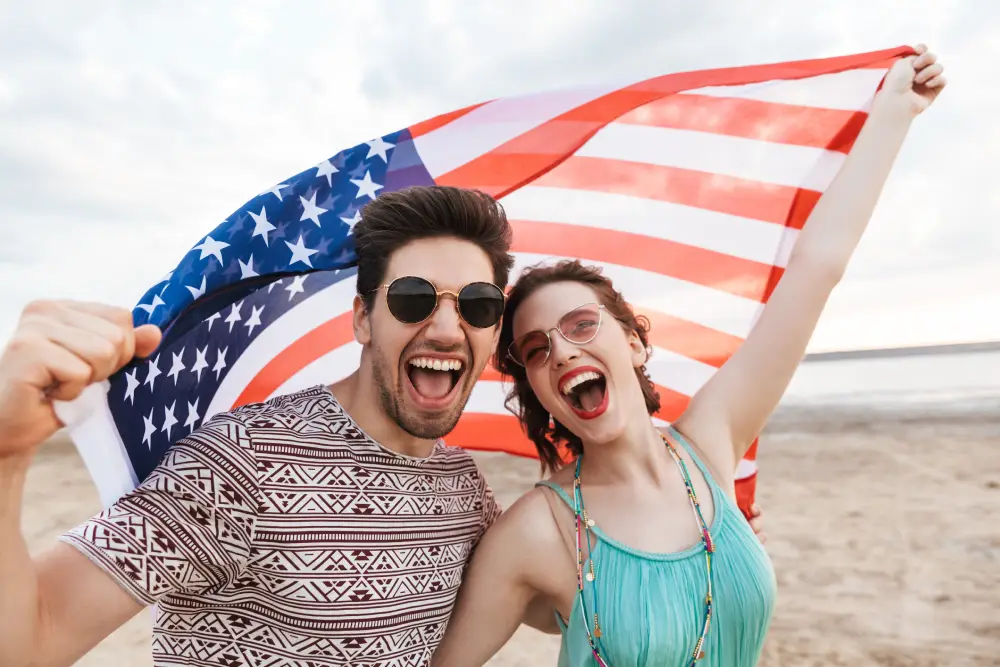It is often said that Brazil was “born” in Bahia. A trip to the state of Bahia, Brazil is a special one for people of African descent. Its capital Salvador is one of the oldest Colonial settlements in the Americas. Salvador served as the seat for the Portuguese colonial administration in Brazil for its first two centuries and is usually called the “first capital of Brazil”.
My personal desire and ambition to visit Salvador were triggered by my own upbringing. My father, a history professor, visited Salvador on multiple occasions. He often remarked about how much the culture and ethos of Salvador struck him. From the cuisine, the music, the art, and even religious and spiritual aspects (via Candomble). My father always talked about Salvador with extreme admiration. He repeatedly said Salvador was the definition of “Magic.” I was ecstatic that I could experience my first trip to Bahia, to reconnect with the past, together with my wife. It really was a trip connecting the past to the present.
Salvador “Pelourinho” Brazil
Salvador was one of the first slave ports in the Americas and the African influence in Bahia makes it the epicenter of Afro-Brazilian culture. Perhaps no particular place symbolizes Afro-Brazilian culture like the Pelourinho. During my entire trip to Brazil, I viewed this as my single most important stop. The Pelourinho functioned as the city center during the Portuguese colonial period and was named for the whipping post in its central plaza where African slaves received whippings and other cruel punishments.
I could not walk the streets of this old place and not feel the pain and sorrow of the African Slaves and the brutality they endured here. I also could not walk the streets of the Pelourinho without feeling and experiencing the same “Magic” that my father talked about. The streets presented numerous opportunities to experience the culture of Bahia. One of my first stops in the Pelourinho was to Curso de Percussao. This was a store font specializing in rare African percussion instruments and African-inspired Art & Sculpture. I was lucky to find a few treasures to take back to the States. I feel like I even made a few friends at the store. This will be a place where I can return, especially when I brush up on my Portuguese!
I was happy to later read that since the late 1990s, an over $100,000,000 restoration took place in Pelourinho. Pelourinho was listed as a national heritage site by the National Institute of Historic and Artistic Heritage in 1984 and named a UNESCO World Heritage Site by UNESCO in 1985. The cultural experience that I had will be preserved for many many generations of people of African descent.
The “magic” that my father first told me about in the mid-1990s is very real and is waiting for anyone who wants to experience it. Heck, even the late great Michael Jackson traveled all the way to Salvador for a touch of Bahia.The question is…Do you think we should add Bahia to our Top 10 couples destinations list? And…Will you be visiting??
Until the next location…


